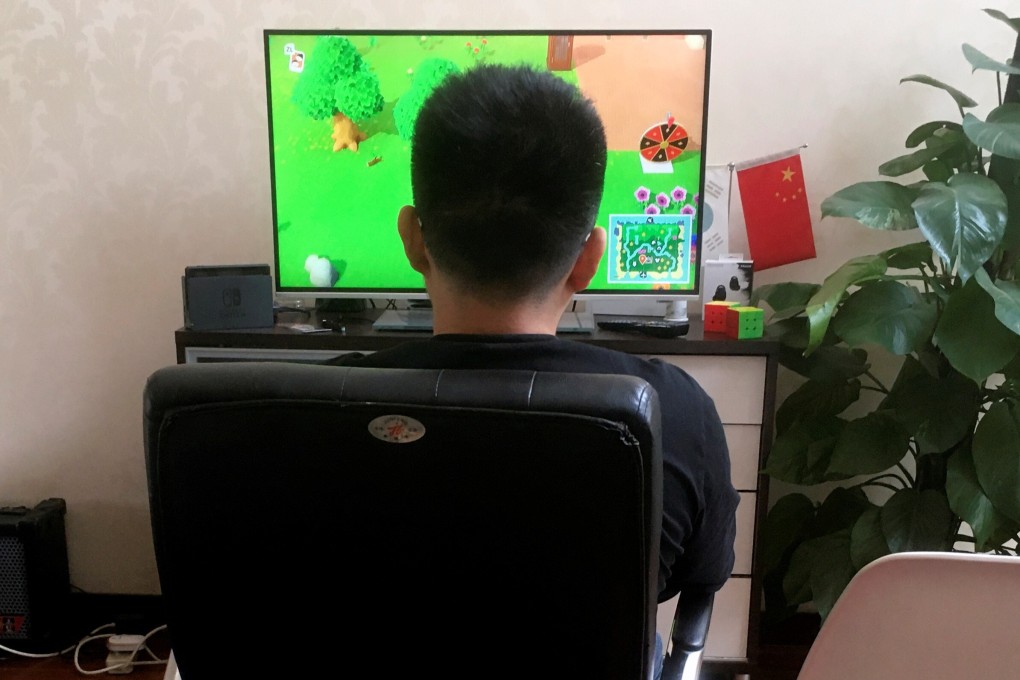Advertisement
China's gaming sector rebounds after regulatory hit, with over 100 new game-related companies founded each day this year
- In 2018 and 2019, more than 28,000 gaming companies went under amid a nine-month freeze on new game licences
- But new data shows that in just the first half of 2020, over 22,000 new game-related companies have already been registered
Reading Time:2 minutes
Why you can trust SCMP

China may be the world’s largest video game market, but it is a notoriously difficult environment for gaming companies.
In 2018 and 2019, more than 28,000 such companies went under in China, amid a nine-month freeze on new game licences as part of a regulatory review, according to a report by state-run television station CCTV in January.
However, the industry has been thrown an unexpected lifeline by the stay-at-home economy created by the coronavirus pandemic.
Advertisement
More than 22,000 new game-related companies have been registered in China in the first half of this year, averaging out to 122 new companies every day, according to data from Tianyancha, a commercial database that compiles public records.
The data shows that the number of companies with the word “game” included in their company or brand names, or company descriptions, grew more than 9 per cent to 260,000 in the first six months of 2020.
The proliferation of new game-related companies may indicate that despite authorities’ efforts to keep a tight lid on the market, the country’s enormous appetite for video games is still drawing new entrants.
Advertisement
Advertisement
Select Voice
Select Speed
1.00x